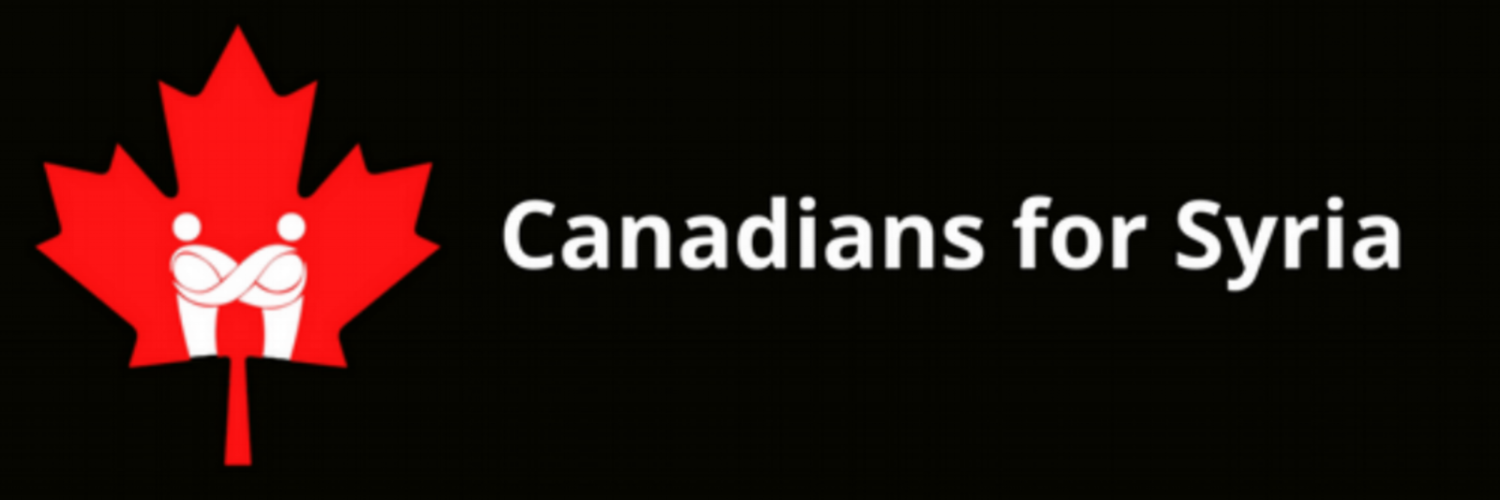While passing through Moncton, I had the opportunity to visit the Multicultural Association of the Greater Moncton Area, or MAGMA, an organization that helps to welcome refugees and support them during their transition to life in Canada. MAGMA serves as a leader in the effort to address the Syrian refugee crisis, not only in Moncton and New Brunswick, but in Canada as a whole. It was amazing to be able to take some time to get off of my bike and tour their office, as well as to meet the refugees that are benefiting from their work.
What services does MAGMA provide to refugees?
For many refugees, their interaction with MAGMA begins right when they land in Canada. MAGMA will often take on the responsibility of taking the refugee or refugee family from the airport to their new home, and will help refugees adjust to life in Canada. This support comes in a variety of forms, such as free daycare for the children of refugee families, English language lessons for all skill levels, and assistance in finding stable employment.
I was on a tour of MAGMA with Justin Ryan, their Public Relations Officer, and I think he could tell by the look on my face when he mentioned "adorable preschool kids" that we needed to start off with some cuteness. Visiting the daycare and playing with children of Syrian, Iraqi, Somalian, and Eritrean descent has to go down as a highlight of the trip:
These children, who were either born in Canada or who came to Canada from the Middle East or Africa at a very young age, are able to live, learn and grow in a safe environment. However, many children of the same age are not lucky enough to have been resettled, and consequently face a very different daily life.
Children living in areas of war are under a constant threat of violence. For those who are born into a conflict, such as the youngest son of the Beshmaf family - the family that Canadians for Syria is sponsoring - the reality of war is all they have ever known. The effect that war has on children is incredibly multifaceted - we are all aware of the physical dangers posed to children and their families, yet this is only the beginning of what refugee children have to face.
What follows war is just as debilitating. Many refugees suffer from mental illnesses such as depression and PTSD (Post-Traumatic Stress Disorder), conditions that often only surface once they have resettled. For both children and adults, these issues fundamentally limit their ability to rebuild their lives.
For instance, one of the Syrian refugees in Toronto that I spoke to saw her family brutally murdered in front of her. A year after arriving in Canada, she didn't have a stable job - not because she didn't want one, but because she could not, both mentally and emotionally, work at this point. Cases like this must be understood and empathized with. The reality of mental illness among refugees means that some are able to arrive in Canada and begin to work in a matter of weeks, while others, like the woman in Toronto that I spoke to, need time to heal wounds that are impossible to see.
Click here to read a great article by the National Observer on the reality of addressing mental health among refugees in Canada, and click here to read an incredibly revealing story by the New Yorker on life as a young refugee.
What do English language lessons for refugees look like? Do most refugees come to Canada with a certain level of English comprehension?
I got the chance to sit in on a beginner English lesson, taught by Tamela and Wasfi of MAGMA. The class was incredibly diverse, with refugees from Syria, Somalia and Eritrea composing the majority of the students. Refugees arrive in Canada with incredible variance in their English skills - some were able to learn basic English or French in a past job, while most are in need of substantial support from organizations like MAGMA.
The linguistic difference between Arabic and English is immense, but many of the refugees have begun to quickly pick up the language. I was able to speak to the class, both directly in English and with the help of my Arabic translator Houda.
Their stories were incredibly diverse - back home, they worked as carpenters, teachers, construction workers, and homemakers. Many have been in Canada for only a few months, but love the country and the city of Moncton especially. Most are also the mothers and fathers of the children I had just visited - many of these new Canadians would not be able to attend English lessons without the free daycare that MAGMA provides.
Spending the morning at MAGMA was amazing, and it was a great reminder of the reason behind this ride. After getting the support of the MAGMA team and the refugees at the centre, I went for a quick interview with the Times and Transcript - you can check out the story they wrote here:
Eventually though, I had to say goodbye to Moncton and get back on the road. Thank you to everyone at MAGMA for helping me organize the visit, and for putting together such a great day - please check out their website here, as well as their Facebook page here.



